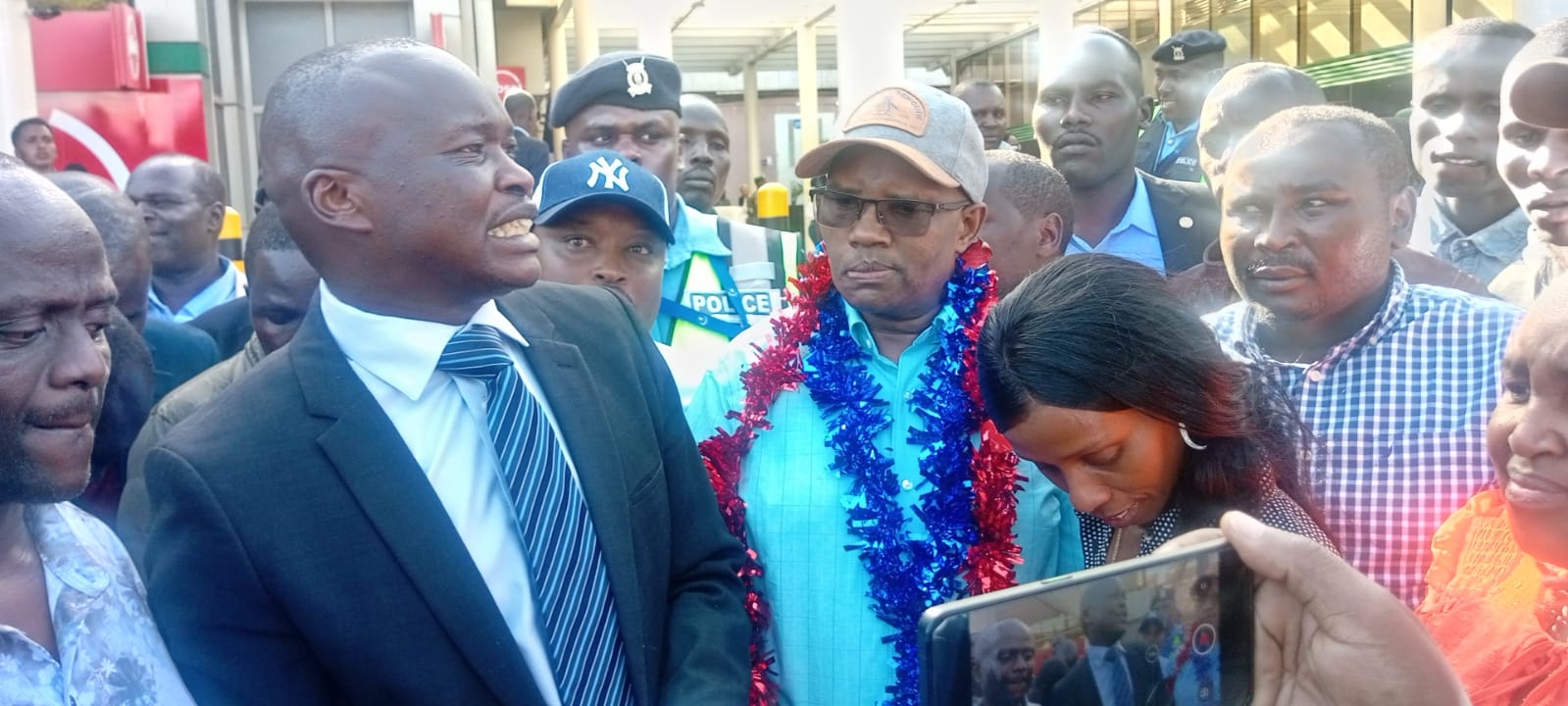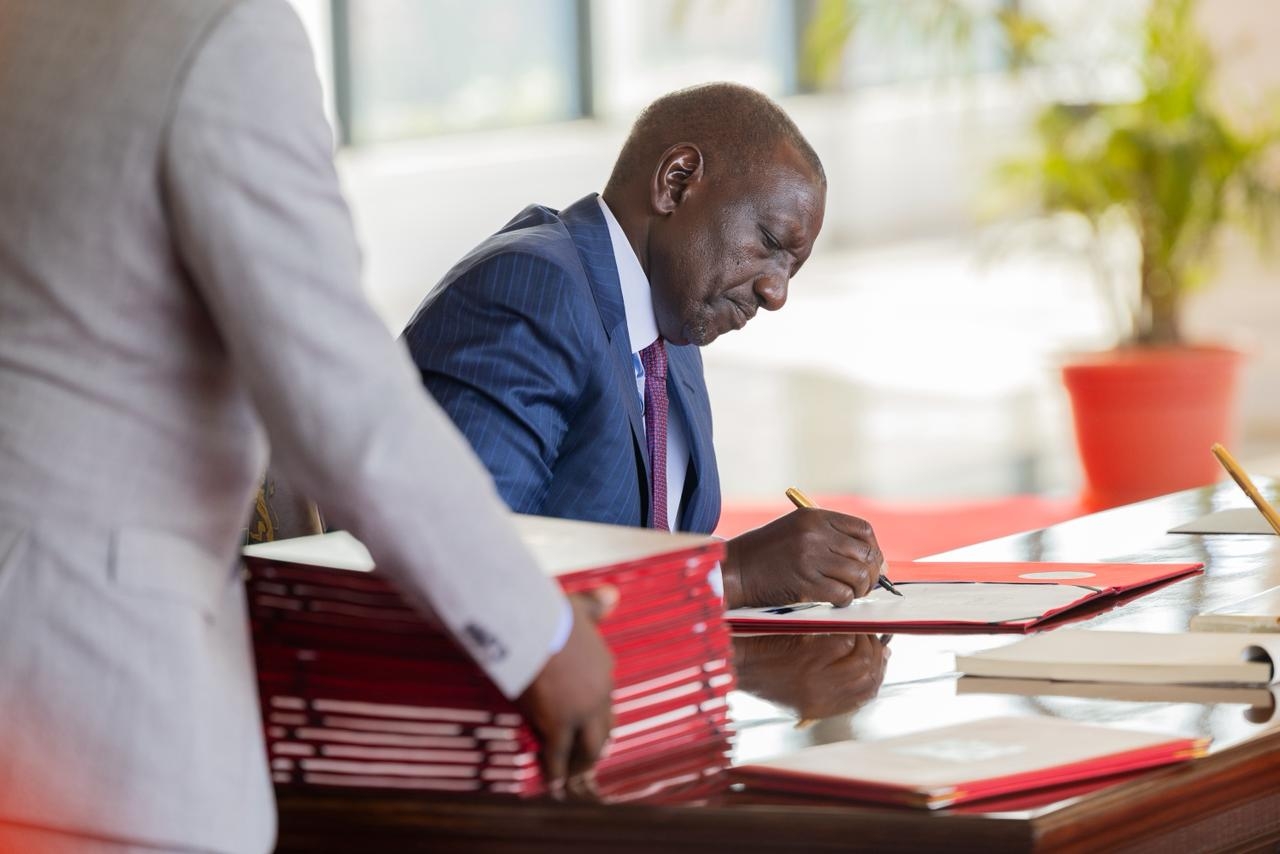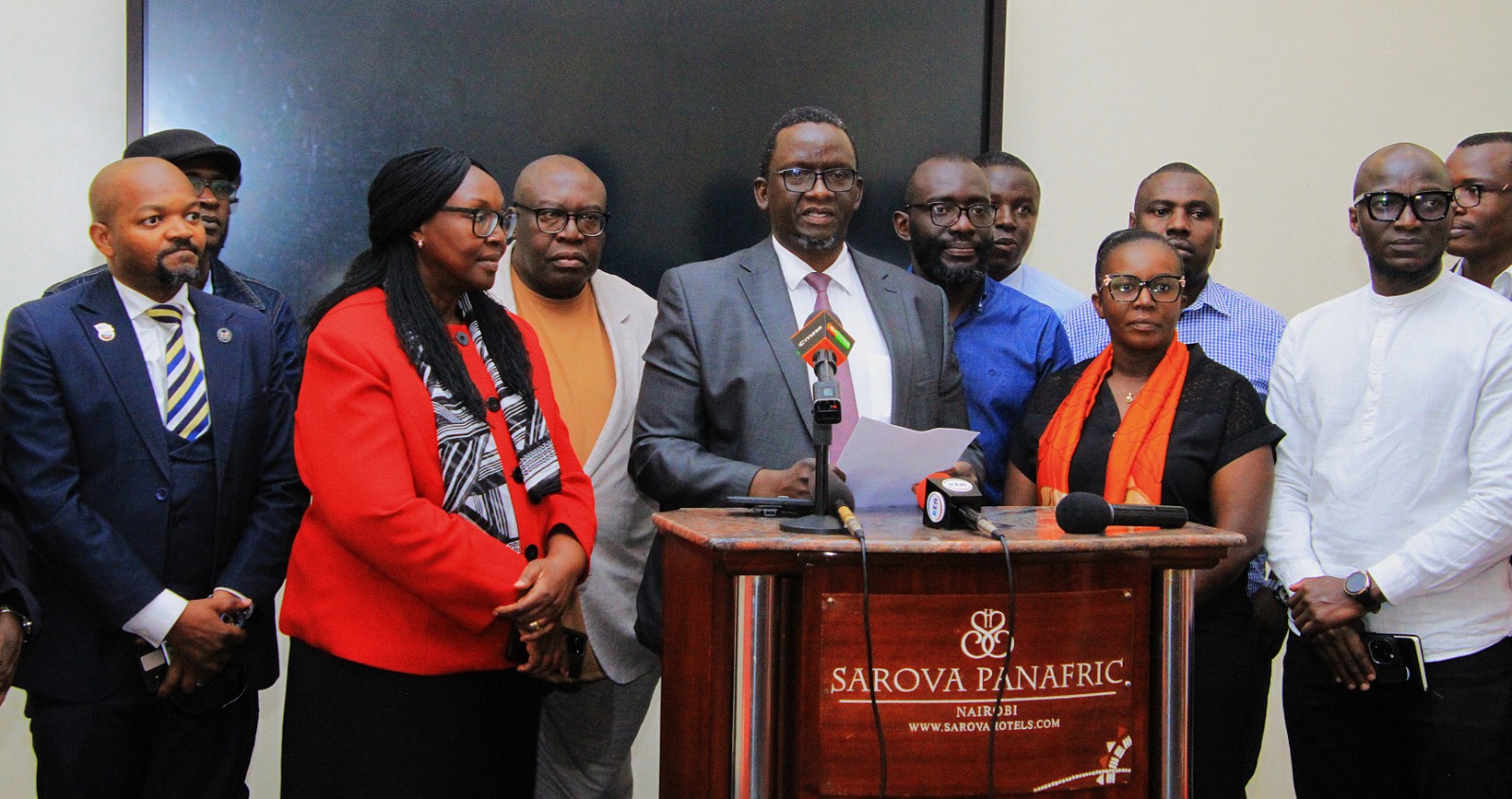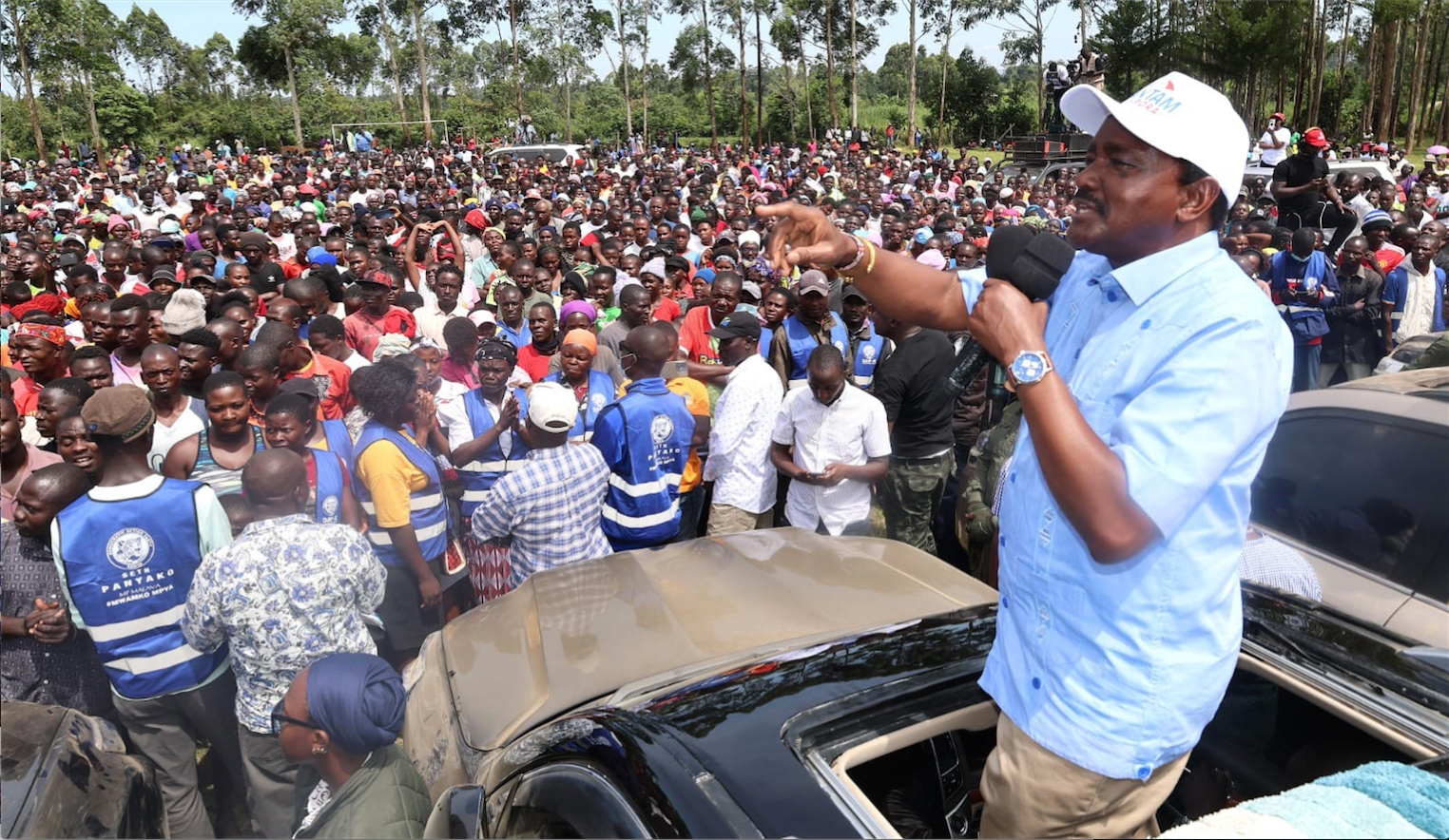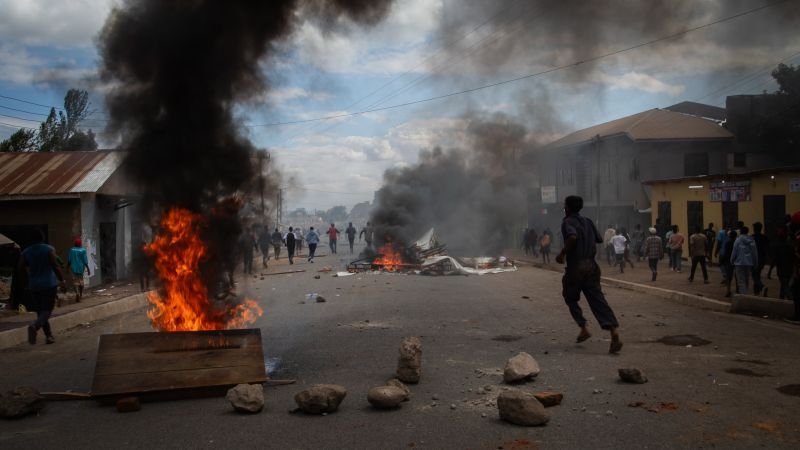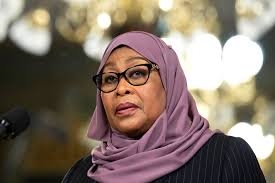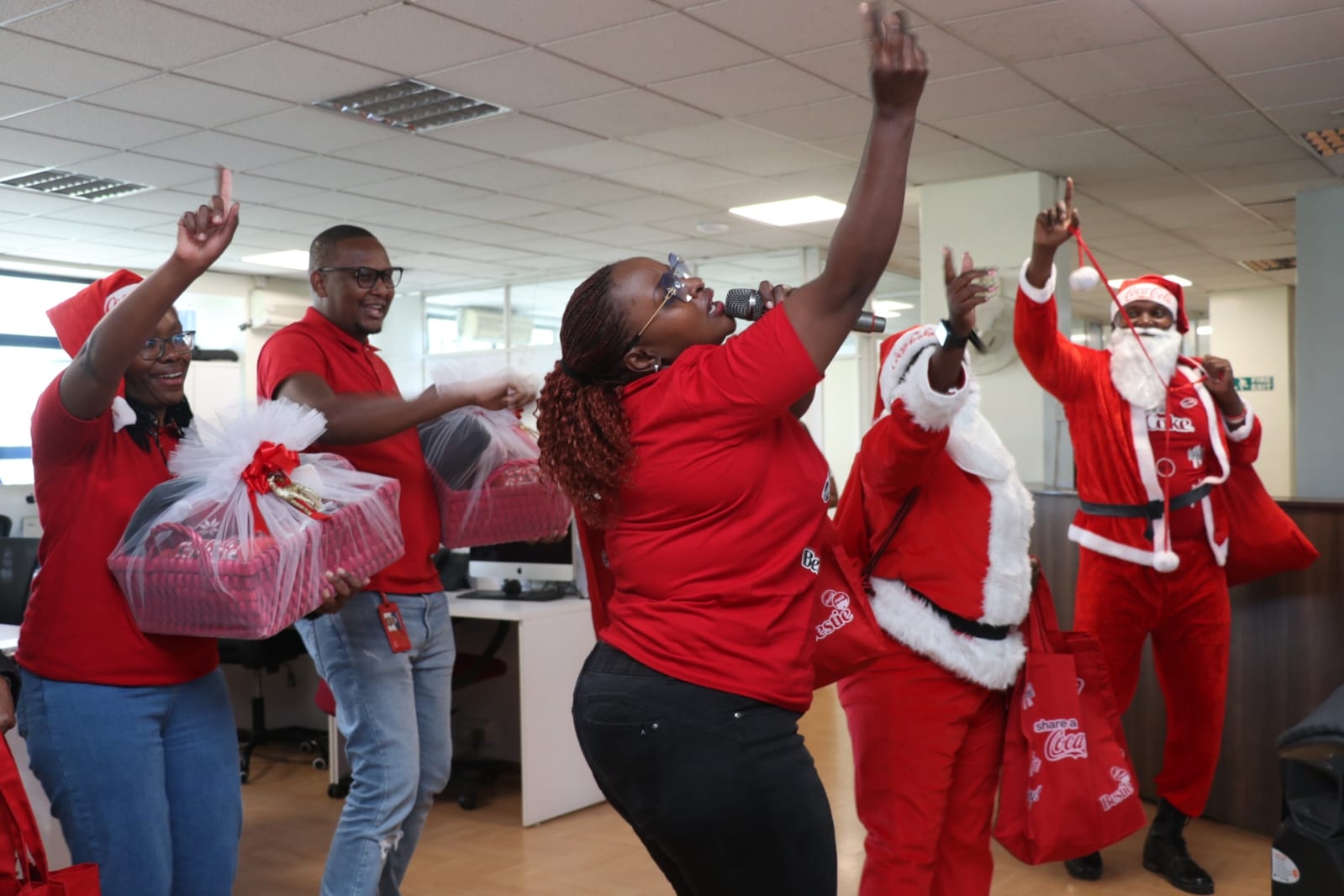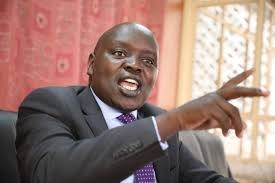Fourth-tier Saarbrucken's run to the German Cup semi-finals has contained several epic moments - but now they face a challenge that only a global pandemic could bring.
The first team from outside the top three leagues to reach this stage host Bayer Leverkusen on Tuesday. It will be their first game in 94 days.
Unlike the Bundesliga, which restarted on 16 May, the Regionalliga Sudwest has been ended prematurely with Saarbrucken, who were six points clear at the top, named as champions and promoted to 3 Liga.
Champions League chasers Leverkusen have had five Bundesliga games to warm up for the semi-final—including Saturday's meeting with champions-elect Bayern Munich— while Saarbrucken have been in quarantine for the week leading up to the game and have not even been able to play a friendly.
Kianz Froese, who has assisted four of their seven DFB-Pokal goals this season - a "cool" record for a non-Bundesliga player—admits they will not know if they are match fit until kick-off. "When we play the game we'll be able to see it," the Canada international told BBC Sport. "We will see during the game.
"We've only played against each other. Essentially 11 v 11 games in training."
Saarbrucken's run to the cup semis has been littered with extraordinary moments - two last-minute winners in 3-2 victories, both set up by Froese, followed by two penalty shootout wins.
"We've had four big celebrations," Cuba-born Froese said. "Every cup win is something you don't expect. A fourth division team beating second league teams, first league teams, twice. Every time you do it, it's a new emotional whirlwind.
"The feelings after winning every game get more heightened. These are feelings you can only experience in sport. Moments like this, we will carry with us for our entire lives."
They have beaten two Bundesliga and two second-tier teams in their four games. Unlike England's FA Cup, where village teams start out in an early round, only teams in the top two flights automatically qualify for the German Cup.
Saarbrucken—who played in the first European Cup — had to win last season's Saarland Cup to qualify. They had only played one German Cup game between 2013 and 2019.
Their cup run was close to ending all the way back in August. They trailed second division Jahn Regensburg 2-1 with 15 minutes to go before Manuel Zeitz's equaliser and Gillian Jurcher's injury-time winner.
They needed another last-minute winner in the second round as Tobias Janicke's 90th-minute strike downed Bundesliga Cologne. In the last 16 Karlsruher fell on penalties, with goalkeeper Daniel Batz saving one spot-kick after a 0-0 draw.
Fortuna Dusseldorf went the same way on penalties in the quarter-finals after a dramatic finale. Saarbrucken had looked set for a 1-0 victory before Mathias Jorgensen's injury-time equaliser—set up by goalkeeper Florian Kastenmeier after he came up for a corner - took the game to extra time.
Saarbrucken were twice one spot-kick away from being eliminated but Batz became the first keeper to save four penalties in a German Cup shootout since Opta started recording those statistics.
He had also saved one during the game. Despite that he told BBC World Service: "You cannot practise penalties because every situation in a shootout is so special."
Saarbrucken's most recent game - a 1-0 defeat at Astoria Walldorf on 7 March—was three days after that famous win. Froese, who joined professional side Saarbrucken in the summer after leaving Dusseldorf, says several players may have had coronavirus around that time. "After the Dusseldorf game, quite a few of us got sick. It was before all the testing was more efficient.
"It could have been an ordinary flu, or it could have been the virus. Who knows? I was sick for two weeks and I wasn't the only one."
Kianz Froese (centre) said: "Four assists, I don't think I ever thought I would have a German record at this stage and now I do have one. That's cool."
And now to the semi-final. "We all feel extremely grateful to be part of the club's history, to be here in this moment," said Froese.
"We're just focused on one game—90 minutes. We've got to give our all, fight and see what happens. The odds are in their favour. We're the underdogs. It's nice to make history and do things which haven't been done before. Everything is achievable and to be played for. That's the mentality we're going into the game with. "This is the biggest game of everybody's career.
"I think there's a chance. There's always a chance. Bayer Leverkusen are a very good team. We think we can win. How we do it is up to the coach."
Saarbrucken's coach is Lukas Kwasniok, who has only been in charge for five games after the club sacked Dirk Lottner in December.
The club have sold out their 6,800 Hermann-Neuberger-Stadion home for the last three cup games, with fourth division sides always getting home advantage in the German Cup (except the final) - not that any have ever been this far before.
"The fans were a great help during the last game," said Froese, who is out of contract at the end of the season. "It's unfortunate but we all have to play games without fans."
Batz said: "It's disappointing for our fans. We will miss them. My family and friends are always by my side—in my head and in my heart. And the fans will be too. There will be no atmosphere—like a training match.
"Bayer Leverkusen play with no atmosphere [during recent games] so it's more an advantage for them."
Saarbrucken have never won a major trophy despite finishing as German runners-up twice - in 1943 and 1952—and finishing top of France's Ligue 2 in the aftermath of World War II in 1949 (although they were not counted as champions as they were a German team).
They spent five seasons in the Bundesliga, most recently in 1993 — and Froese thinks they can reach that level again in the next few years.
Could their trophy drought end on 4 July at Berlin's Olympic Stadium - with Bayern Munich or Eintracht Frankfurt awaiting the winner of this semi-final?
Win that and Saarbrucken would be in Europe for the first time since being Saarland's European Cup representatives in 1955-56. Whatever happens, Saarbrucken will never forget this latest chapter.
"It's been unreal for the whole team to be part of history coming this far," said Froese.




